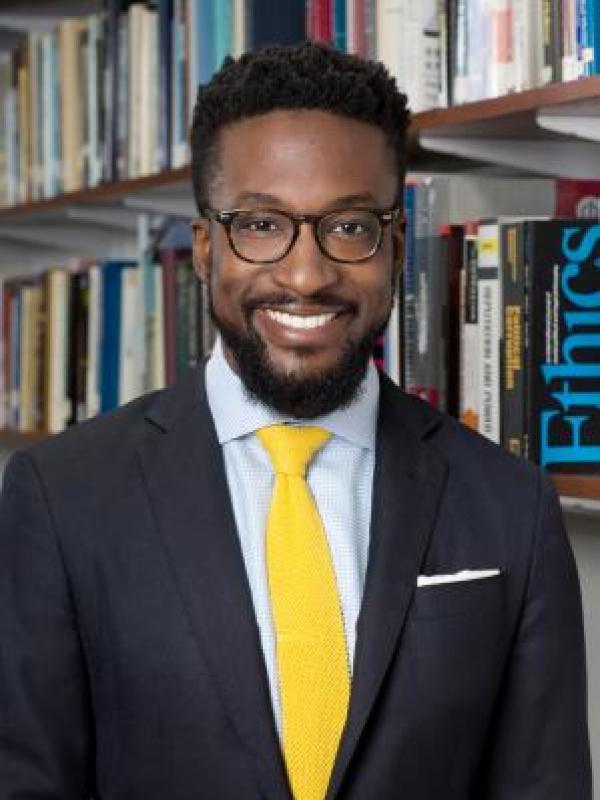Winston C. Thompson

Contact Information
Professor, Educational Studies, College of Education and Human Ecology; Director, Center for Ethics and Human Values
Areas of Expertise
- Ethics
- Political Philosophy
- Justice in Educational Contexts
- Race
- Civic Education
Education
- Ph.D. (with distinction), Teachers College, Columbia University
- Ed.M.,Teachers College, Columbia University
- M.A., Teachers College, Columbia University
- B.A., University of Florida
How to pronounce my name:
Winston C. Thompson is a Professor of Philosophy of Education and (by courtesy) Philosophy. He also serves as Director of the Center for Ethics and Human Values, a university center working with units across all of Ohio State's campuses. He received his PhD (with distinction) in Philosophy and Education from Teachers College, Columbia University. Following this, he has been a faculty member in the Steinhardt School of Culture, Education, and Human Development at New York University and the College of Liberal Arts at the University of New Hampshire. More recently, he was Fellow-in-Residence at the Edmond J. Safra Center for Ethics at Harvard University. Thompson joined The Ohio State University in autumn 2018.
Thompson’s scholarship focuses upon normative ethical and social/political questions of justice, education, and the public good, with recent efforts analyzing dilemmas of educational policy. Currently, Thompson is working on enlarging the mainstream view of the relationship between education and politics in order to ask what is owed to persons and polities as a matter of educational rather than only political justice. In this project, Thompson focuses upon enduring issues of race and immigration.
